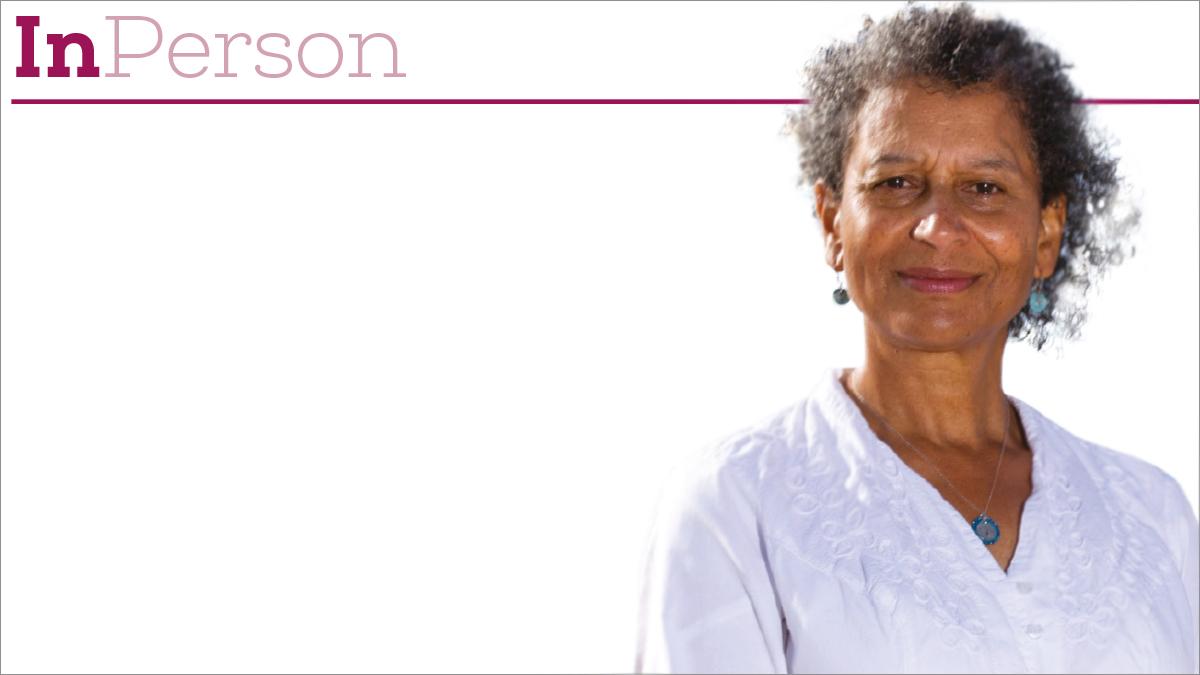Guest columnist Professor Maria Stokes considers how we can all contribute to making black lives matter
Physiotherapy is a great profession, offering various career pathways. I love seeing how research can make a difference to clinical practice and ultimately patients’ lives. It’s so rewarding.
While we celebrate Black History Month, it’s also important to raise awareness of the reality of simply being black in the present day. The performance targets and constant deadlines in my job as a professor come with additional pressures from being black – special committees, developing diversity and inclusion policies and strategies, which are essential for achieving a level playing field.
I’m often approached informally to mentor BAME clinicians and academics from around the country, which I’m always pleased to do, as they lack support or face obstacles in progressing their careers. It’s a shame these extra measures are still needed.
A recent Channel 4 documentary, ‘The School that Tried to End Racism’, showed high unconscious bias in people from all backgrounds and gave some startling facts. Of 19,000 professors in the UK, only 25 (in fact 35) are black females! This inspired me to do more to improve opportunities.
I’m often the only BAME person on committees but there are plenty of capable people ready to step into these roles. The lack of black senior figures across society feeds our wider attitudes: when chairing a national funding panel, despite the administrator pointing towards me saying: ‘This is the Chair, Professor Stokes’, more than one candidate looked everywhere else but me. Although unintentional, this type of incident becomes wearing and may explain why I’ve always perceived I have to work harder than others to achieve the same.
Unconscious bias can have serious consequences for people’s careers. We need to be able to talk more openly to one another. A useful first step is training to overcome fear of saying the wrong thing.
Discrimination and racism, on the other hand, are just not acceptable. Unfortunately, they’re still experienced in clinical practice and academia. We need to educate staff and students to feel empowered to call out these behaviours, whether they’re on the receiving end or witness colleagues or patients being subjected to them, no matter how senior the perpetrator. I’ve always seen obstacles as challenges to work around, rather than barriers to fight against or give up on.
People who complain about Black Lives Matter, insisting that all lives matter, are missing the point. Of course all lives matter but some see and treat black people as inferior. I’m optimistic that the majority of people in the UK believe we should all be treated equally.
The CSP BAME Network is a safe place for physios from all BAME backgrounds to find support to navigate a fulfilling career.
Maria Stokes OBE PhD FCSP is Professor of Musculoskeletal Rehabilitation and leads the Active Living Research for Health Group in the School of Health Sciences at the University of Southampton. She is also a deputy director of the national Centre for Sport, Exercise and Osteoarthritis Research Versus Arthritis. Maria qualified as a physiotherapist at the London Hospital and two years later took up a PhD in neuromuscular physiology at the Nuffield Department of Orthopaedic Surgery, University of Oxford.
Number of subscribers: 1

